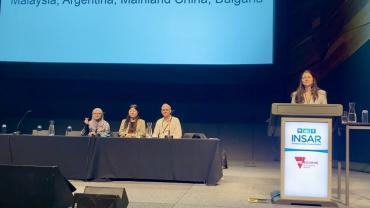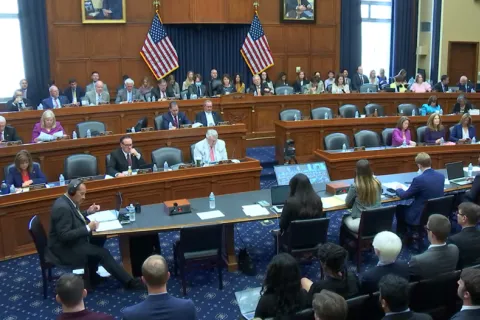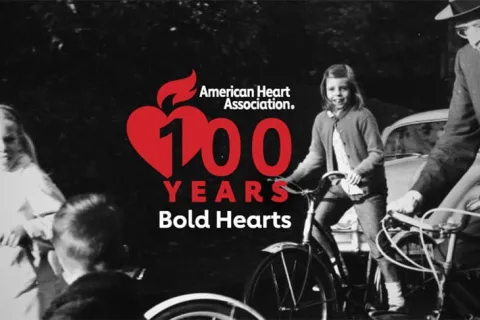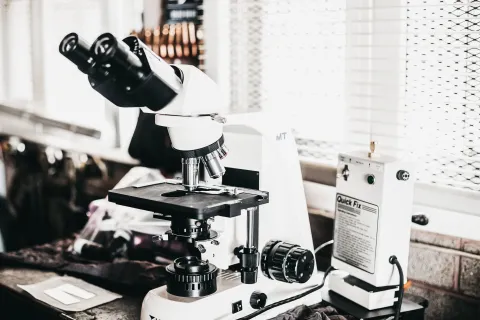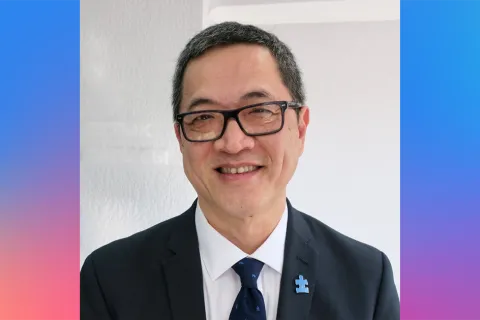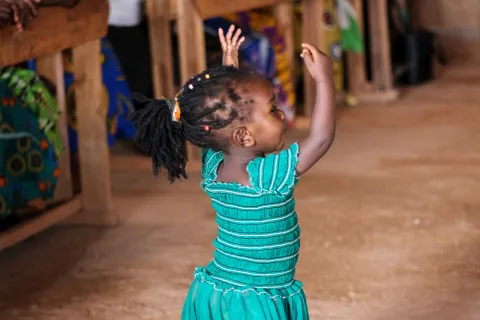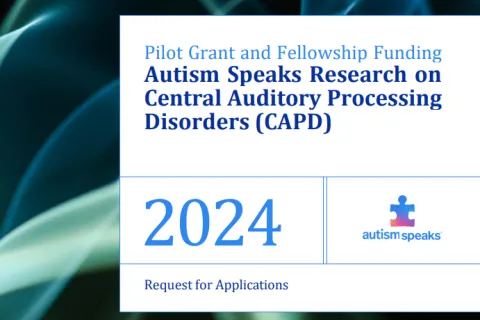INSAR 2024: Global Perspectives in Autism Research and Advocacy
By Andy Shih, Chief Science Officer at Autism Speaks June 6, 2024Last month, I represented Autism Speaks at the 2024 International Society for Autism Research (INSAR) conference in Melbourne, Australia. In many ways, this year’s conference felt more inclusive and community-focused than ever before, bringing new perspectives from researchers around the world who are contributing meaningfully to the body of science from different cultural and systems perspectives.
In the past, INSAR has often felt anchored by announcements of cutting-edge laboratory research findings—the discovery of a new gene linked to autism or outcomes from a large imaging study, perhaps—but this year felt different. Many presentations that I saw were more reflective of the priorities of autistic people and their families, showing better alignment between the needs of the community and the goals of the research. While some keynotes and oral presentations highlighted the critical insights we continue to glean from basic and discovery science, there were just as many exciting explorations of new avenues of autism research, such as autism in diverse cultural and environmental settings and the importance of knowledge co-production.
Over the course of three days, I heard from researchers from all over the world. While each of these individuals work within a very different context, they all aimed to answer similar questions: How do we better support autistic people in our community? How do we promote better wellbeing and quality of life? How do we provide early intervention services across different settings?
Throughout the conference, there was an emphasis on diversity and the richness of perspectives in our community. The heterogeneity of the autistic community, which has historically been seen as a confound in autism research, is now seen as a source of scientific opportunities, as well as a rich asset that can enhance the relevance of the research we do.
One of the most impactful sessions focused on the adaptation and evaluation of the Caregiver Skills Training (CST) program, a cutting-edge initiative of Autism Speaks and the World Health Organization (WHO). Advocates from Bulgaria, China, Argentina and Malaysia took the stage to share their efforts and the challenges they’ve faced as they’ve implemented the program in their countries. In addition to highlighting the dedication and creativity needed to conduct research in low resource communities, these perspectives underscored the program's global reach and its tangible impact on autistic individuals and their families.
Another important session I was honored to participate in focused on enhancing inclusive education in different settings. Echoing recommendations from the WHO-UNICEF Global Report on Children with Developmental Disabilities, researchers from Argentina, Ethiopia and South Africa highlighted that with the proper framework, evidence base and tools, it is possible to establish inclusive education programs tailored to the needs of autistic children in diverse classroom settings, no matter where you are located.
Lastly, I would like to congratulate Dr. Sunita Maleku Amatya, the winner of the 2024 INSAR Advocate Award. Dr. Amatya is a member of the Autism Speaks Advocacy Leadership Network (ALN) whose many, many accomplishments include relentless efforts to bring the CST program to Nepal. She exemplifies the transformative power of advocacy on a global scale. She moved mountains to get this done and I’m so pleased that her efforts have been recognized by the global community.
Thank you to all of the researchers, advocates and organizers who made this conference possible. It truly showcased the rich, diverse and quality research that is being done to improve the quality of life of autistic peopl

